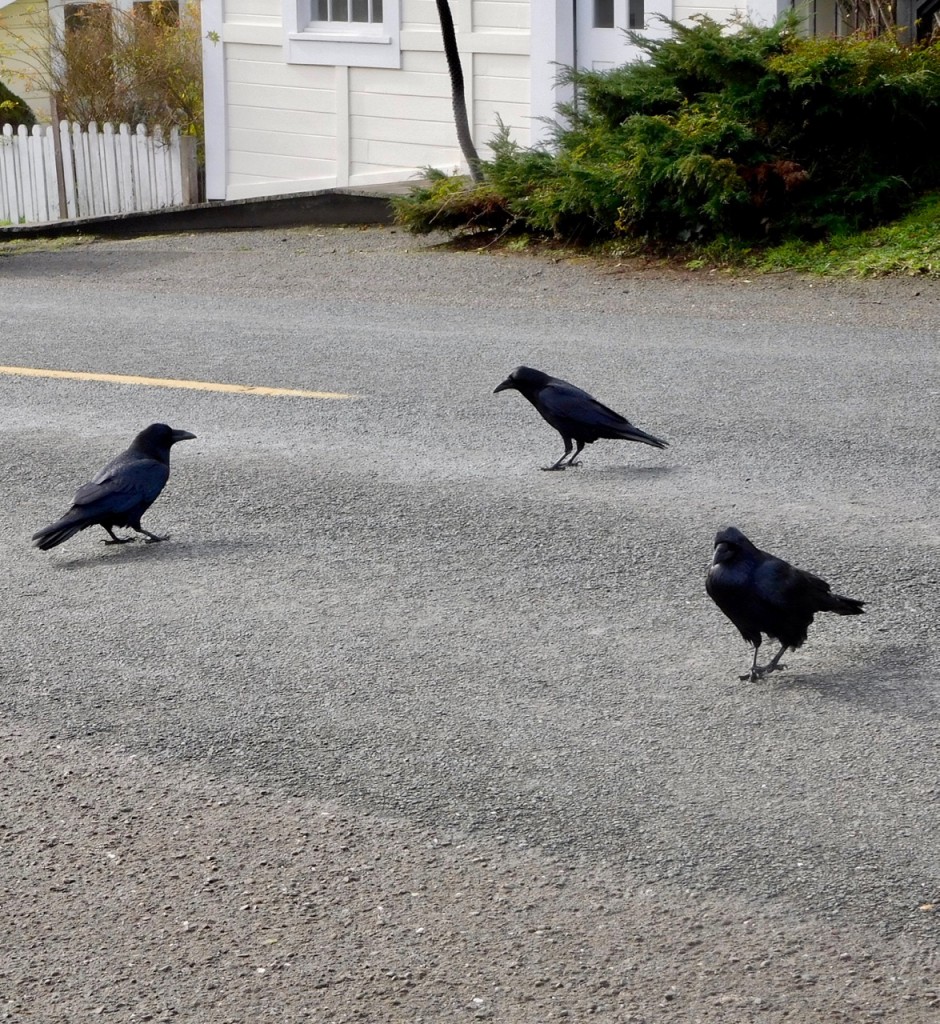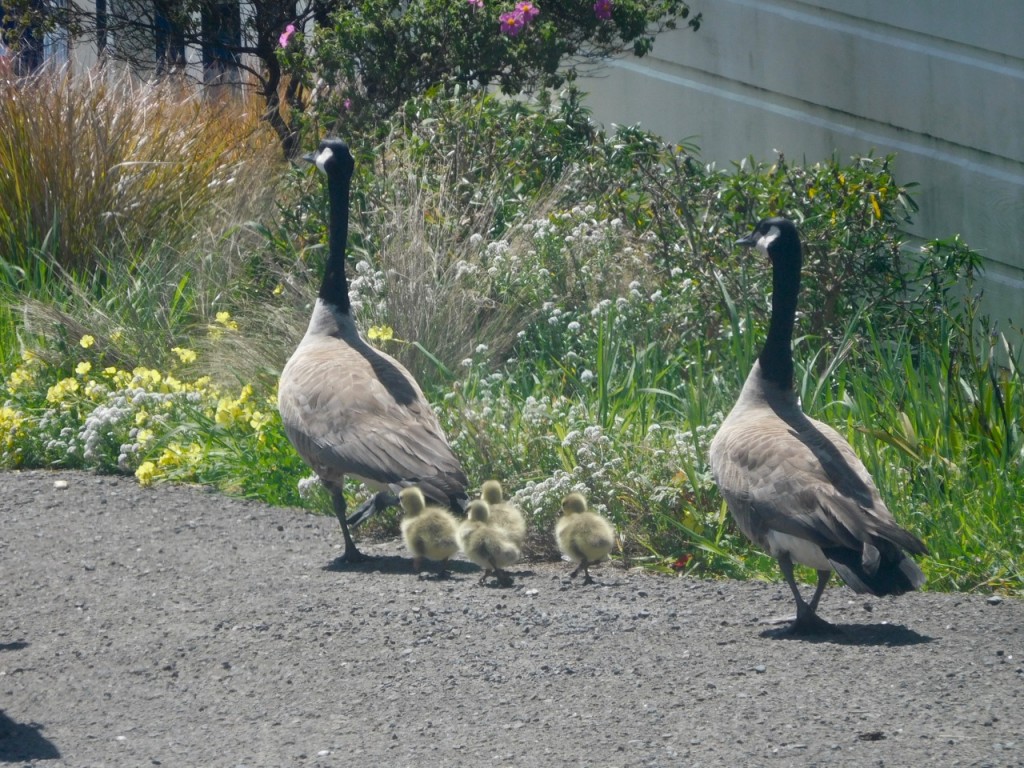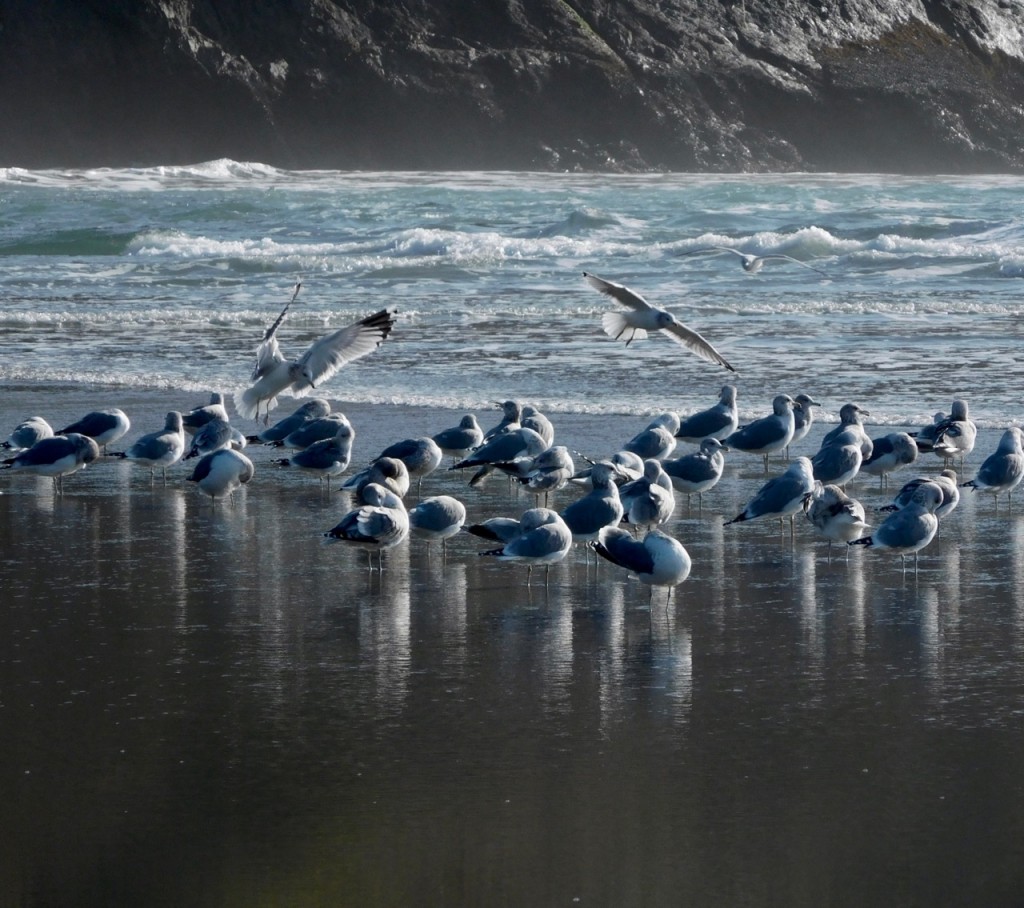
Hawk pen and ink by Todd
(This article was written for the Anderson Valley Advertiser November 2014)
“Bird flying high, you know how I feel.” Anthony Newley
Every day this week, walking to town, working in the garden, sitting on a bench overlooking Big River Bay, the honking of zealous geese caused me to look up and search the sky until I found the lines of honkers, visible to my naked eyes only because there were dozens of the mighty birds in large formations winging southward.
Yesterday I counted one V composed of seventy birds, though there may have been a few more or less—a distant consortium moving swiftly in the sun-drenched sky. Among the largest birds we’ll ever see in California, these geese were flying so high they appeared to be the size of tiny gnats, and their great altitude suggested they intended to travel many miles beyond Mendocino before coming down to earth.
“Remember the music, the food, the dope, the cheap gas and junk cars, friendship, love, moonlight, firelight, cold water, geese, wine, poetry, liberty, happiness, when we were still too far from the end to see it turn to history.” Quinton Duval
In 1969, a few months after dropping out of college and shortly before turning twenty, I drove around America and Canada in a school-bus-yellow 1962 GMC panel truck with my pal Dick Mead. We had no set itinerary and chose our roads because we liked the names of towns those roads went to or because there were mountains and rivers on the map that called to us. We were not seasoned travelers when we embarked, and we were perhaps in too much of a hurry, being young and unaware of the illusory nature of time and space, but all in all it was a good way for me to learn how not to be in school.
One day in August, on the eastern side of the Cascades north of Walla Walla, we found ourselves on a narrow two-lane road so little used that we drove for two hours at forty-miles-per-hour without seeing another car or person—only a few badly battered farm houses standing along our way. In that treeless land, dry and dusty cattle land (though we saw no cattle) the road curved around the bases of round-topped hills we found impossible to gauge the size of, an impossibility that made us feel disoriented and verging on crazy.
Finally I said to Dick, “Let’s hike to the top of one of these hills and see what we can see.”
So we parked at the bottom of a likely hill and stepped out of our truck into a fabulous silence that was only occasionally broken by a gust of wind or a cawing crow. And though the top of the hill seemed quite close—I guessed we would be on top in fifteen minutes—we decided to carry full canteens, chunks of cheese, chocolate bars and bananas, and we were glad we did. The slope of that hill turned out to be incredibly steep and it took us an hour of hard scrambling to reach the top—the views in every direction showing us endless ranks of treeless hills marching away to the horizons.
Had we not been so young and unaware of the illusory nature of time and space, we might have camped there until our water ran out, imbibing the strange otherness of that promontory in a sea of hills—not another human being within a hundred miles of us. Instead, we stayed up there for an hour or so, gobbling our food, drinking our precious water, playing Frisbee in a fickle wind, and gazing down at the wisp of a highway beside which stood our school-bus-yellow panel truck that appeared to be the size of a very small gnat.
“Thank you for the sea, for what the river discovers at its end, what waits for all of us to come calling.” Quinton Duval
There is something deeply reassuring to me about those high-flying wild geese winging swiftly southward at the beginning of another November in Mendocino. They and their predecessors have been heading south to warmer climes for millions of years, and when I hear their honking and see their undulating formations in the sky, the longevity of the life cycle of their species resonates in my bones and I am filled with hope for the continuance of life on our unique and bountiful earth.
“It has long been an axiom of mine that the little things are infinitely the most important.” Arthur Conan Doyle
There is a clump of plant life I pass every day on my way down to the village, a tangle of ivy and blackberry brambles engulfing an eight-foot-long fragment of old fence that stands ten feet from the edge of Little Lake Road—a favorite roost for dozens of little birds, seed-eaters most of them. Every time I walk by that green clump on my way to the village, several little birds, often dozens of them, finches and sparrows and chickadees, come flying from near and far to perch on the extremities of the clump and chatter at me—and I chatter back. When I have passed by, the little birds fly away and resume whatever they were doing before I walked by.
Now here is a curious thing. When I pass the clump on the homeward leg of my journey (I walk on the same side of the road going and returning) the little birds do not come to greet me. However, if I ascend fifty yards beyond the clump and then turn around and head back toward the village, the birds will come speeding to the clump and give me what for.
I wonder what I am to those little birds. And why do they only take notice of me when I’m heading west and downhill? A most pleasing puzzlement.





